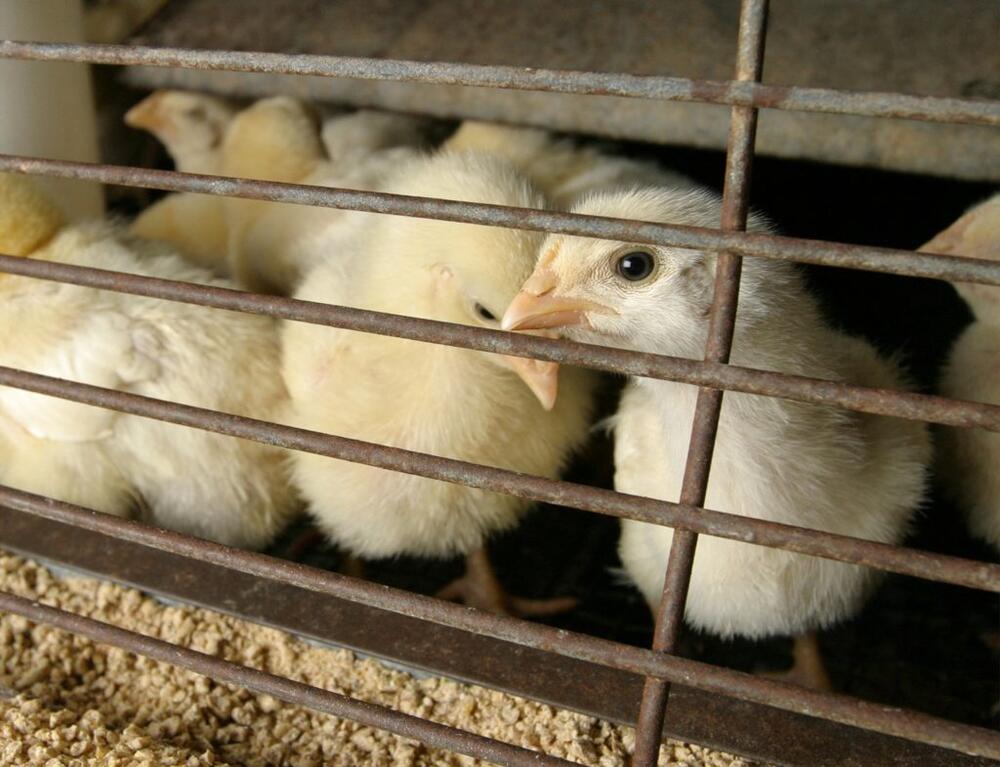
Section Branding
Header Content
Emory virologist: Pet cats are at risk of bird flu and could transmit to humans
Primary Content
LISTEN: Bird flu continues to spread through animals across the U.S., at the same time the federal government has canceled its contract with Moderna to develop an mRNA vaccine. Researchers at Emory University say the decision could have unintended consequences. GPB’s Ellen Eldridge has more.

H5N1 “bird flu” is currently being seen in migratory birds, dairy cows, chickens, and even cats across the U.S. The last confirmed cases in Georgia were in January in commercial and backyard poultry flocks.
As the virus continues to spread through animals across the country, the federal government has canceled its contract with Moderna to develop an mRNA vaccine.
Seema Lakdawala, a virologist with the Emory University School of Medicine who focuses on influenza transmission and pandemic preparedness, said scientists need a multi-pronged approach that includes vaccines.
"We should be thinking about all sorts of vaccine modalities for domestic wildlife to protect our cows, to protect out dairy farmers, to protect poultry workers, to protect veterinarians, to protect chickens," she said. "Then that'll inevitably protect human health, right?"
There are new herds and new outbreaks happening constantly, she said.
"As the birds start moving again in the fall and winter, we're going to definitely see upticks in [H5N1] cases," Lakdawala said. "So, there is still continued concern and continued spillover into, you know, an exposure to both humans and other domestic wildlife."
That includes cats.
"Cats are very sensitive to H5N1," she said. "They are there presenting with neurological symptoms. Many of them are dying."
Big cats in sanctuaries contract the virus when fed raw meat and drink raw milk.
Pet owners of domestic, outdoor cats that hunt birds should know about the high levels of H5N1 in the migratory bird flyway patterns right now, Lakdawala said.
"If your cat goes outside and grabs a dead bird, it could get H5N1," she said.
People are much closer to their pets, even compared to how much humans interact with dairy cattle and come into contact with milk that has a lot of H5N1.
"We always like to take care of our pets and we snuggle them and we take care of them and they're in close proximity to us, and so the potential spillover from a pet cat to a human is potentially quite high," Lakdawala said.
She said another way Georgians can protect themselves from bird flu is to not consume raw milk or raw meat.

